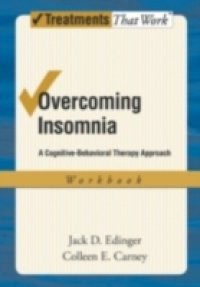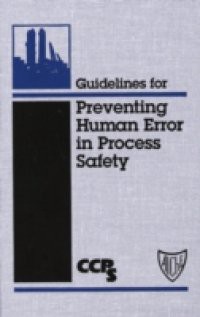This is the first book to describe the real lives of unmarried mothers, and attitudes towards them, in England from the First World War to the present day. The focus is on England because the legal positions, and other circumstances, of unmarried mothers were often very different elsewhere in Britain. The authors use biographies and memoirs, as well as archives and official sources, to challenge stereotypes of the mothers as desolate women, rejected by society and bytheir families, until social attitudes were transformed in the 'permissive' 1960s. They demonstrate the diversity of their lives, their social backgrounds, and how often they were supported by their families, neighbours, and the fathers of their children before the 1960s, and the continuinghostility by some sections of society since then. They challenge stereotypes, too, about the impact of war on sexual behaviour, and about the stability of family life before the 1960s. Much of the evidence comes from the records of the National Council for the Unmarried Mother and Her Child, set up by prominent people in 1918 to help a social group they believed were neglected, and which is still very active today, as Gingerbread, supporting lone parents in need of help. Their work tells us not only about the lives of those mothers and children who had no other support, but also another important story about the vibrancy of voluntary action throughout the past century andits continuing vital role, working alongside and in co-operation with the Welfare State to help mothers into work among other things. Their history is an inspiring example of how, throughout the past century, voluntary organizations in the 'Big Society' worked with, not against, the 'BigState'.















